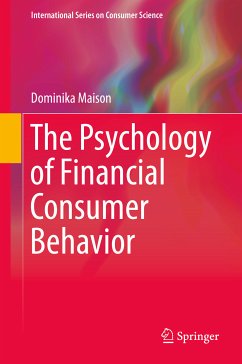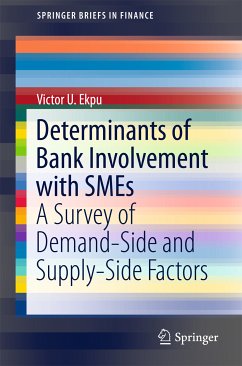
Behavioral Interactions, Markets, and Economic Dynamics (eBook, PDF)
Topics in Behavioral Economics
Redaktion: Ikeda, Shinsuke; Tsutsui, Yoshiro; Ohtake, Fumio; Kato, Hideaki Kiyoshi
Versandkostenfrei!
Sofort per Download lieferbar
72,95 €
inkl. MwSt.
Weitere Ausgaben:

PAYBACK Punkte
36 °P sammeln!
This book collects important contributions in behavioral economics and related topics, mainly by Japanese researchers, to provide new perspectives for the future development of economics and behavioral economics. The volume focuses especially on economic studies that examine interactions of multiple agents and/or market phenomena by using behavioral economics models. Reflecting the diverse fields of the editors, the book captures broad influences of behavioral economics on various topics in economics. Those subjects include parental altruism, economic growth and development, the relative and p...
This book collects important contributions in behavioral economics and related topics, mainly by Japanese researchers, to provide new perspectives for the future development of economics and behavioral economics. The volume focuses especially on economic studies that examine interactions of multiple agents and/or market phenomena by using behavioral economics models. Reflecting the diverse fields of the editors, the book captures broad influences of behavioral economics on various topics in economics. Those subjects include parental altruism, economic growth and development, the relative and permanent income hypotheses, wealth distribution, asset price bubbles, auctions, search, contracts, personnel management and market efficiency and anomalies in financial markets. The chapter authors have added newly written addenda to the original articles in which they address their own subsequent works, supplementary analyses, detailed information on the underlying data and/or recent literature surveys. This will help readers to further understand recent developments in behavioral economics and related research.
Dieser Download kann aus rechtlichen Gründen nur mit Rechnungsadresse in A, B, BG, CY, CZ, D, DK, EW, E, FIN, F, GR, HR, H, IRL, I, LT, L, LR, M, NL, PL, P, R, S, SLO, SK ausgeliefert werden.












